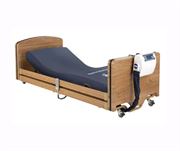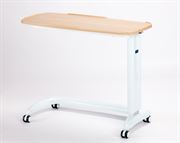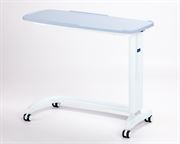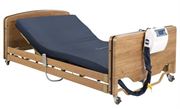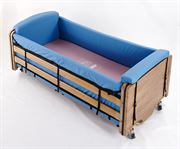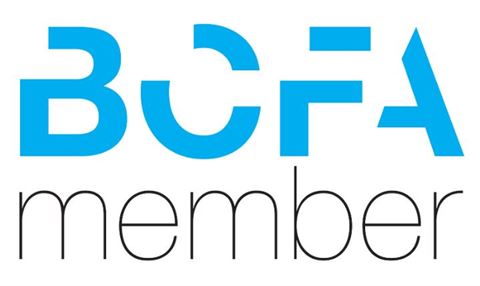It is no secret that people are living longer by 2041 there is expected to be over three million people over the age of 85.
Because of this demand for care and nursing homes will only ever increase. The main priority therefore is to ensure the wellbeing and quality of life of these new residents.
The aging population means a vastly increased demand on social care, this can leave resources stretched. This in line with increased awareness in mental health means it is very important to enact a person-centred approach to care.
This approach revolves around understanding the individual resident’s needs and wants. This means each resident is provided with their own unique care plan.
One way to help the well being of one person could be different to the needs of another. But with our expert team of care professionals, we have put together some broad tips to help you improve the mental wellbeing of residents in your care home.
Come up with engaging activities
The best all round way to maintain mental wellbeing is to keep it active and stimulated. This is particularly important in elderly residents and they should be encouraged to join in with several mind stimulating activities each week.
If you suspect that that a resident isn’t feel well in themselves then you should look out for any decrease in socialising, or other activities and not having an interest in things they normally find enjoyable. If this is the case you could consider changing their routine and attempt to get to the bottom of why there has been this sudden change in mood.
The best way is to speak to them. Engaging with them and finding out why their mood has changed or if there are any problems. Any activities need to be of genuine interest to residents and they shouldn’t feel forced or obliged to do them. This could do more harm than good. You should also consider a variety of different activities to cater for all physical and learning difficulties. This cam really help you understand how to improve low mood.
Nurturing personal identity
It is important to promote any new residents’ sense of personal identity and relative independence. People don’t like to be tarred with the same brush. This is particularly true of care home environments, moving into a new care home can be daunting and to strip away the identity of a new residents could have a significant impact on their mental wellbeing.
Talking about their pasts, looking through old photos and story sharing are all ways in which you instil a positive mood into a new care home resident. In doing this you can better formulate a care plan for them and allow them to feel like they are living their own life.
This all boils down to the maintaining of dignity. You should encourage residents to as much for themselves as they can, whenever they can. By allowing them these relative freedoms you will really help their mental health.
Encourage socialising
The sense of loneliness is a significant contributor to depression. This is especially challenging to elderly residents. This is why building relationships in your care home is important. For some residents the only person they will speal to on a regular basis are the carers.
You should try and ensure your residents remain as sociable as possible. This could involve regular family visits or setting up phone calls with distant friends.
By promoting a sense of familiarity in the care environment you put them ease and they can fully relax. Furthermore, it is goof to encourage friendships between residents to develop. If a resident all of a sudden chooses not to be sociable with friends or family then this is an alarm bell that something could be seriously impacting their mental health.
Keep an eye out for physical pains
Any signs of physical pain should be recorded. Prolonged periods of physical pain can have an impact on the mind and lead to depression.
Physical pain is not always that obvious. When checking in with a resident you need to be thorough. Residents could be proud or embarrassed to tell you that they are in physical pain. Ideally you should be able to encourage them to be more open about how their bodies are behaving.
If you suspect or know that the resident is in physical pain then you should take detailed records of this. This could really help a healthcare professional if the time arises.


